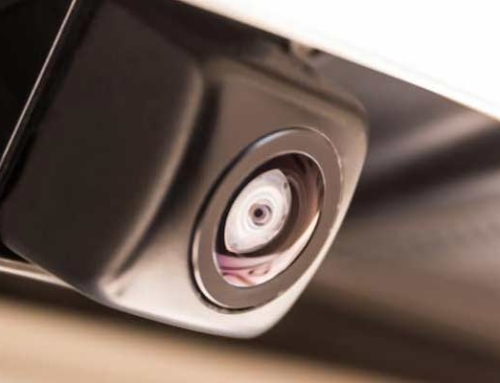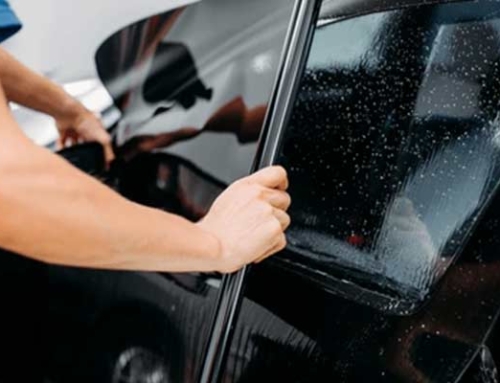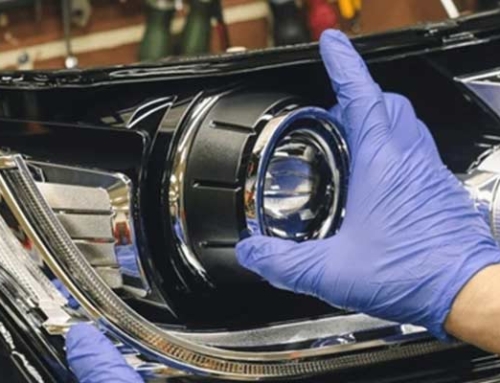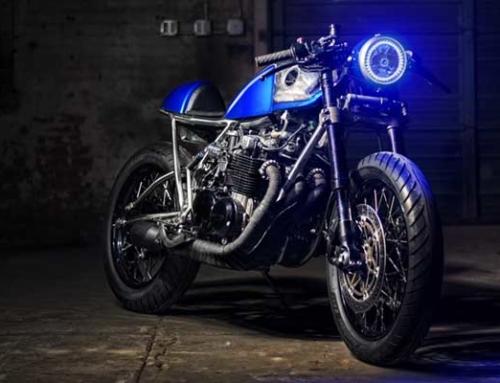
Discover the best quality tint for your car with insights into types, factors to consider, and expert advice. Enhance style, comfort, and privacy effortlessly.
Enhancing Style, Comfort, and Privacy
When you want to make your car look fantastic and keep it comfortable, you can do window tinting. Tinting is like putting a unique dark film on your car windows. It doesn’t just make your car look fancy; it also helps in numerous other ways.
It gives you more privacy inside your car, protects you from the sun’s harmful rays, and keeps you cooler inside on hot days. But there are so many options out there that it can be hard to pick the best one for your car. In this guide, we’ll discuss the Best Quality Tint for Your Car and what you should think about before choosing one.
Understanding the Basics of Car Window Tinting
Before talking about how good the tint is, let’s first understand the basics of car window tinting. Tinting means putting a thin layer of unique material on the inside of your car windows.
This material helps to block some of the light you can see and some of the heat and harmful rays you can’t see. So, besides making your car look fantastic and giving you more privacy, it also helps to keep your car cooler inside and reduces the glare from bright sunlight.
Legal Considerations
The most essential thing to know before tinting your car windows is the rules in your area. Different places have various laws about how dark and reflective your tint can be. If you don’t follow these rules, you could get in trouble and have to pay fines or face other consequences. So, please check the tinting laws where you live before you tint your windows.
Exploring Different Types of Car Window Tints
Several options offer distinct features and characteristics when selecting the best quality tint for your car. Let’s explore some of the most common types:
1. Dyed Window Tint
Dyed window tint is a budget-friendly choice for tinting your windows. It has a layer of dye sandwiched between an adhesive layer and a protective outer layer. This type of tint is good at reducing glare from the sun and making it harder for people to see inside your car, giving you more privacy. However, because the dye is sensitive to sunlight, it might start to fade after a long period of exposure to the sun.
2. Metalized Window Tint
Metalized window tint is another slightly more advanced option. It’s made by adding tiny metal particles to the film. This tint is better at keeping your car cool because it blocks out more heat from the sun and is also durable.
It’s better than dyed tint at protecting you from the sun’s harmful rays and being resistant to scratches. But there’s a downside: the metal in the tint might mess with signals like GPS and cell phone reception in your car.
3. Carbon Window Tint
Carbon window tint is another kind of tint made from tiny carbon particles. It blocks out sun heat, protects against UV rays, and keeps its color looking good over time.
Unlike dyed tints that can fade, carbon tint is less likely to fade, so it stays looking good for longer. That’s why numerous people choose it if they want their tint to last long.
4. Ceramic Window Tint
Ceramic window tint is the most high-tech option available. It’s made with tiny ceramic particles in the film. This special tint is fantastic at blocking heat from the sun, keeping your windows clear, and protecting you from UV rays.
Even better, it doesn’t mess with electronic signals in your car, like GPS or cell phone reception. Although it’s more expensive than other types of tint, it’s worth it because it works well and lasts a long time. That’s why people who care about their cars often choose ceramic tint.
Factors to Consider When Choosing the Best Quality Tint
Selecting the right tint for your car involves considering various factors to ensure optimal performance and satisfaction:
1. Visible Light Transmission (VLT)
Visible Light Transmission (VLT) refers to the percentage of visible light that passes through the tinted windows. A lower VLT percentage indicates darker tinting, offering greater privacy and glare reduction. However, balancing aesthetics and practicality is essential, ensuring compliance with legal regulations governing tint darkness.
2. Heat Rejection
One of the primary reasons for installing window tint is to reduce heat buildup inside the vehicle. Different tint types offer varying levels of heat rejection, with ceramic tint typically providing the highest performance in this regard. When selecting a tint with adequate heat rejection capabilities, please look at your local climate and sun exposure.
3. UV Protection
Protecting yourself and your passengers from harmful UV radiation is another crucial consideration. Look for tints with built-in UV blockers to shield against the sun’s harmful rays, reducing the risk of skin damage and interior fading.
4. Color Stability
Tints that maintain color and clarity over time offer superior aesthetics and longevity. Carbon and ceramic tints are known for their exceptional color stability, resisting fading and discoloration even after years of exposure to sunlight.
5. Signal Interference
Signal interference can be a concern for vehicles equipped with GPS, satellite radio, or cellular communication systems, and it can be a concern with certain types of tint. Metalized tint, in particular, may interfere with electronic signals, potentially affecting the performance of these devices. Opting for non-metallic tints such as carbon or ceramic can mitigate this issue while still providing excellent performance.
Conclusion
To sum up, picking the best tint for your car means thinking about a few things: the type of tint, how much light it lets through, how well it blocks heat and UV rays, whether it keeps its color, and whether it affects your car’s signals. While dyed and metalized tints are cheaper, carbon and ceramic tints are better at what they do and last longer. It’s all about finding the right balance between looks, how well it works, and following the rules where you live. By knowing all about window tinting and thinking about what matters most to you, you can choose the tint that makes your car look good and keeps you comfortable.
FAQs
- Is a darker tint always better for privacy?
Darker tint offers greater privacy, but it’s essential to ensure compliance with legal regulations regarding tint darkness.
- Will window tint affect my car’s electronic devices?
Certain types of tint, particularly metalized variants, may interfere with electronic signals. To minimize this issue, opt for non-metallic tints like carbon or ceramic.
- How long does window tint last?
The lifespan of window tint varies depending on factors such as tint type, quality, and environmental conditions—high-quality tints like carbon or ceramic offer excellent durability and color stability.
- Can I install window tint myself?
While DIY tint kits are available, professional installation is recommended for optimal results. Improper installation can lead to bubbling, peeling, and legal issues.
- Are there any maintenance requirements for window tint?
Window tint generally requires minimal maintenance. Avoid abrasive cleaners and harsh chemicals, and use a soft cloth and mild detergent for cleaning to preserve the tint’s longevity.





